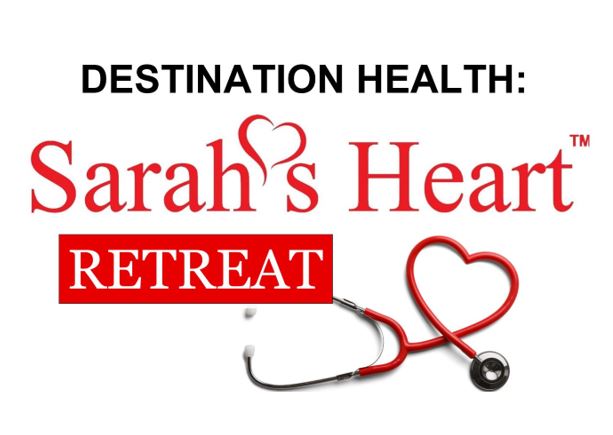
4 Simple Life Tips to Enhance Your Heart Health
April 18, 2017
Preserving Your Health = Protecting Our Planet
April 20, 2017Your Environment Can Change Your Gene Expression – The Emerging Science of Epigenetics

We are born with a certain set of inherited genes – our DNA. It is what makes us unique. Yet we know that genetically identical twins do not always get the same diseases. How can that be? The answer is simple, the environment is which they live is different. How we look and act results from the interaction of our genes and our environment – the interaction occurs through the epigenome, which includes all the elements that are capable of turning genes on and off. This remarkable field of study is called Epigenetics. We now know chemical changes in our environment can regulate gene activity and change gene expression. There is no question that major medical conditions from Alzheimer’s disease and type 2 diabetes to heart disease and some cancers are influenced by how we live our lives. What we eat, how we manage stress, how we live and manage our exposure to toxins all influence our epigenetics.
Here are some tips to minimize the negative effects of environmental toxins:
- Combustion Products: Avoid smoke of any kind, as well as charred foods. Of course, avoid tobacco smoke – which has PAHs and high concentrations of hundreds of known mutagens and carcinogens.
- Chemical Mutagens: Limit your alcohol use, which is associated with higher risks of many cancers including liver, breast esophageal, pancreatic and colon cancers.
- Ionizing Radiation: Discuss excessive or unnecessary medical radiation exposure concerns during routine visits. Ask if there are non-radiation procedures instead. Stay out of tanning beds and avoid excessive exposure to sunlight.
- Radon Gas: Get radon gas measurements in your home. Kits are in many home improvement stores or call a professional. Levels vary from season to season so test every 3 months.
- Free Radicals: The BEST aids in your body’s defenses against free radicals are antioxidants found in fruits, vegetables and many spices. Strong choices are berries, cherries, citrus, prunes, olives, and tea. Take supplements such as vitamin C, vitamin E and melatonin. I also recommend asking your healthcare provider about taking a blood test to check your antioxidant levels.
Learn More:
Exposure to smoke from fires: https://www.health.ny.gov/environmental/outdoors/air/smoke_from_fire.htm
Tobacco secondhand smoke: https://www.cdc.gov/tobacco/data_statistics/fact_sheets/secondhand_smoke/health_effects/
Alcohol and cancer: https://www.cancer.gov/about-cancer/causes-prevention/risk/alcohol/alcohol-fact-sheet
Radiation-emitting products on the FDA website: https://www.fda.org
High antioxidant foods: https://www.mayoclinic.org/healthy-lifestyle/nutrition-and-healthy-eating/multimedia/antioxidants/sls-20076428



